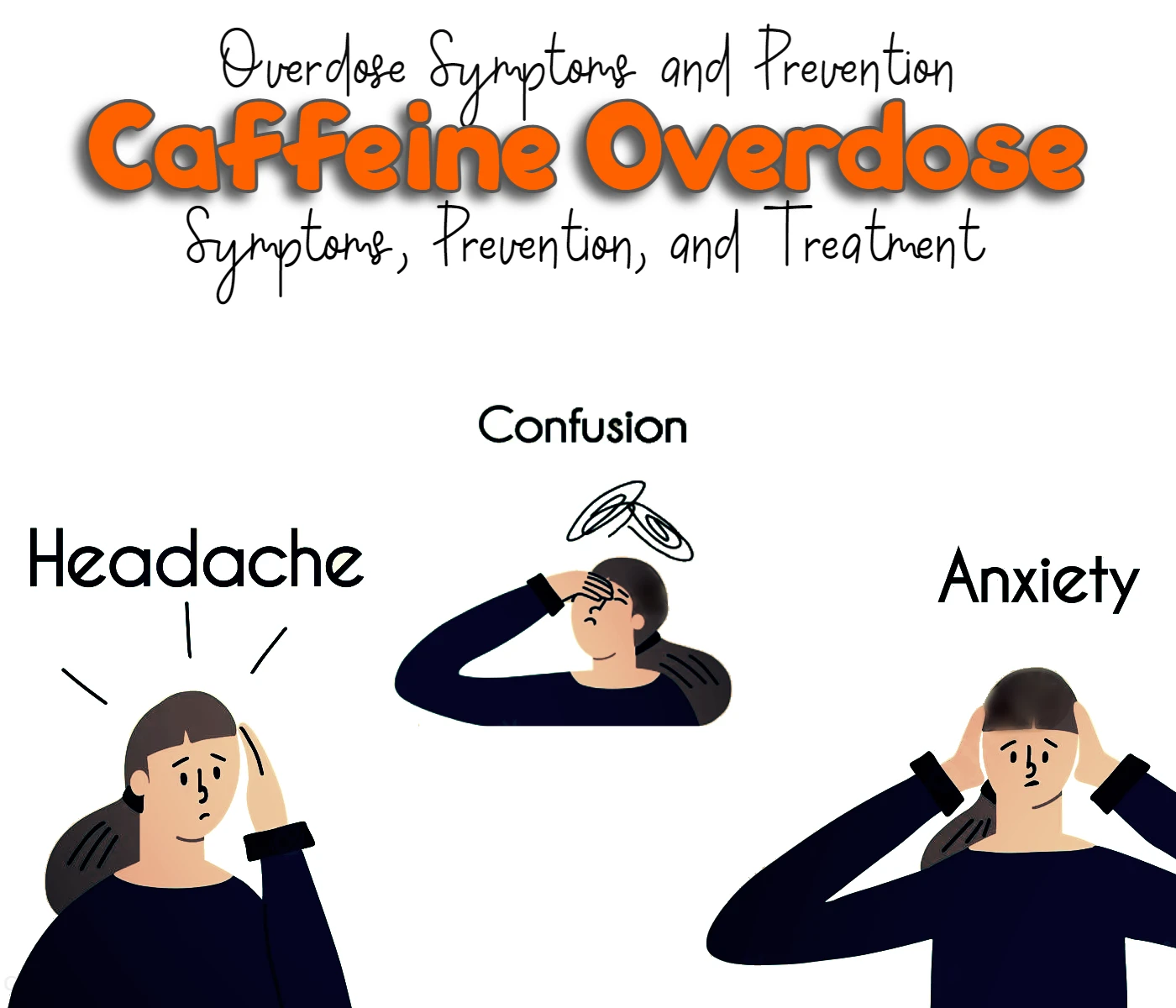Is Coffee Bad for Arthritis?

Arthritis is a common condition that affects millions of people worldwide. It can cause pain, swelling, and stiffness in the joints, making it difficult to perform everyday tasks. Many people wonder whether coffee, a popular beverage that contains caffeine and other compounds, is bad for arthritis. The answer is not straightforward, and it’s important to understand the latest research before making a decision about your coffee consumption.
In this blog post, we’ll explore the link between coffee and arthritis, looking at the latest research and what you need to know. We’ll examine the potential benefits and risks of drinking coffee if you have arthritis, and we’ll provide some tips on how to manage your arthritis symptoms. Whether you’re a coffee lover or someone who’s concerned about the effects of coffee on your health, this blog post will provide you with valuable information that you can use to make informed decisions about your coffee consumption.
So, if you’re ready to learn more about the link between coffee and arthritis, keep reading! By the end of this blog post, you’ll have a better understanding of the latest research, and you’ll be better equipped to manage your arthritis symptoms. Don’t forget to read to the end of the blog, where we’ll provide a call to action that will help you take the next step toward better health!
Before we discuss whether coffee is bad for arthritis, let’s first understand what arthritis is. Arthritis is a condition that affects the joints in the body, causing inflammation and pain. It can affect people of all ages, but it is more common in older adults. There are over 100 different types of arthritis, with the most common being osteoarthritis and rheumatoid arthritis.
- What Causes Arthritis? Arthritis can be caused by a variety of factors, including genetics, age, injury, and infection. In some cases, it can also be caused by an autoimmune disorder, where the body’s immune system attacks its own tissues. Arthritis can also be aggravated by certain lifestyle factors, such as smoking, a poor diet, and lack of exercise.
- What is Coffee? Now that we have a basic understanding of what arthritis is, let’s move on to coffee. Coffee is a popular beverage that is made by brewing roasted coffee beans. It contains caffeine, which is a natural stimulant that can help increase alertness and reduce fatigue. Coffee also contains other compounds that can provide health benefits, such as antioxidants and polyphenols.
Coffee for Arthritis
Now, let’s answer the question that brought you here – is coffee bad for arthritis? The answer is, it depends. There is no clear consensus on whether coffee is good or bad for arthritis, as studies have produced mixed results.
Coffee and Osteoarthritis
Osteoarthritis is the most common type of arthritis, and it occurs when the protective cartilage that cushions the joints wears down over time. Some studies have suggested that coffee consumption may be associated with an increased risk of developing osteoarthritis. However, other studies have found no association between coffee consumption and osteoarthritis.
Coffee and Rheumatoid Arthritis
Rheumatoid arthritis is an autoimmune disorder that causes inflammation in the joints. Some studies have suggested that coffee consumption may be associated with a decreased risk of developing rheumatoid arthritis. However, other studies have found no association between coffee consumption and rheumatoid arthritis.
Coffee and Pain
One of the most common symptoms of arthritis is pain, and many people wonder whether coffee can help or worsen this symptom. Again, the answer is not clear-cut. Some studies have suggested that caffeine can help reduce pain in people with arthritis, while other studies have found no significant effects.
Coffee and Inflammation
Inflammation is a key factor in arthritis, and some studies have suggested that coffee may help reduce inflammation in the body. However, other studies have found no significant effects.
Coffee and Bone Health
Some studies have suggested that coffee consumption may be associated with a decreased risk of developing osteoporosis, which is a condition that causes the bones to become weak and brittle. However, other studies have found no significant effects.
Conclusion
So, what’s the bottom line? Is coffee bad for arthritis? The answer is, it depends. While some studies have suggested that coffee consumption may be associated with an increased risk of developing osteoarthritis, others have suggested that it may be associated with a decreased risk of developing rheumatoid arthritis or osteoporosis. Additionally, some studies have suggested that caffeine may help reduce pain and inflammation in people with arthritis.
It’s important to note that the effects of coffee on arthritis may vary from person to person. If you’re someone who loves coffee and has arthritis, it’s okay to continue drinking it in moderation. However, if you find that your arthritis symptoms worsen after consuming coffee, it may be best to avoid it or limit your intake.
In general, it’s important to maintain a healthy lifestyle to manage arthritis symptoms. This includes eating a balanced diet, exercising regularly, getting enough rest, and avoiding smoking and excessive alcohol consumption. Additionally, it’s important to work with your healthcare provider to develop a treatment plan that works best for you.
If you’re still unsure about whether coffee is bad for arthritis, it’s always a good idea to talk to your healthcare provider. They can provide personalized advice based on your specific condition and health history.
Final Thoughts
So, there you have it – the answer to whether coffee is bad for arthritis is not straightforward. While some studies have suggested that coffee consumption may be associated with an increased risk of developing osteoarthritis, others have suggested that it may be associated with a decreased risk of developing rheumatoid arthritis or osteoporosis. Additionally, some studies have suggested that caffeine may help reduce pain and inflammation in people with arthritis.
Ultimately, it’s up to you to decide whether you want to continue drinking coffee or not. If you do choose to drink coffee, it’s important to do so in moderation and pay attention to how your body reacts. And, as always, it’s important to work with your healthcare provider to manage your arthritis symptoms and maintain a healthy lifestyle.
Alternative to coffee for Arthritis
If you’re looking for alternatives to coffee for arthritis relief, there are several options to consider. Here are a few:
- Green tea: Green tea contains antioxidants and anti-inflammatory compounds that can help reduce inflammation and pain associated with arthritis. It also contains less caffeine than coffee, making it a good alternative for those who are sensitive to caffeine.
- Ginger tea: Ginger is a natural anti-inflammatory that has been used for centuries to treat various ailments, including arthritis. Drinking ginger tea can help reduce inflammation and pain, as well as improve joint mobility.
- Turmeric tea: Turmeric is another natural anti-inflammatory that has been shown to reduce pain and inflammation in people with arthritis. Turmeric tea can be made by steeping fresh or dried turmeric in hot water and adding honey or lemon for flavor.
- Cherry juice: Tart cherry juice contains antioxidants and anti-inflammatory compounds that can help reduce inflammation and pain in people with arthritis. It also has been shown to improve sleep quality, which can be beneficial for people with chronic pain.
- Herbal teas: Various herbal teas, such as chamomile, peppermint, and rosehip, have anti-inflammatory properties and can help reduce pain and inflammation associated with arthritis.
Keep in mind that while these alternatives may be helpful for some people, they may not work for everyone. It’s always best to talk to your healthcare provider before trying any new remedies or supplements, especially if you have any underlying health conditions or take medications.
FAQs
The answer is not straightforward, as studies have produced mixed results. While some studies have suggested that coffee consumption may be associated with an increased risk of developing osteoarthritis, others have suggested that it may be associated with a decreased risk of developing rheumatoid arthritis or osteoporosis. Additionally, some studies have suggested that caffeine may help reduce pain and inflammation in people with arthritis.
There is no one-size-fits-all answer to this question, as the effects of coffee on arthritis can vary from person to person. However, in general, it’s best to consume coffee in moderation and pay attention to how your body reacts.
It’s up to you to decide whether you want to continue drinking coffee or not. However, if you find that your arthritis symptoms worsen after consuming coffee, it may be best to avoid it or limit your intake. It’s always a good idea to talk to your healthcare provider to get personalized advice based on your specific condition and health history.
Caffeine may help reduce pain and inflammation in people with arthritis. However, it’s important to consume caffeine in moderation, as excessive consumption can lead to negative side effects, such as anxiety, insomnia, and digestive issues.
It’s important to maintain a healthy lifestyle to manage arthritis symptoms. This includes eating a balanced diet, exercising regularly, getting enough rest, and avoiding smoking and excessive alcohol consumption. Additionally, it’s important to work with your healthcare provider to develop a treatment plan that works best for you.
Read More:





